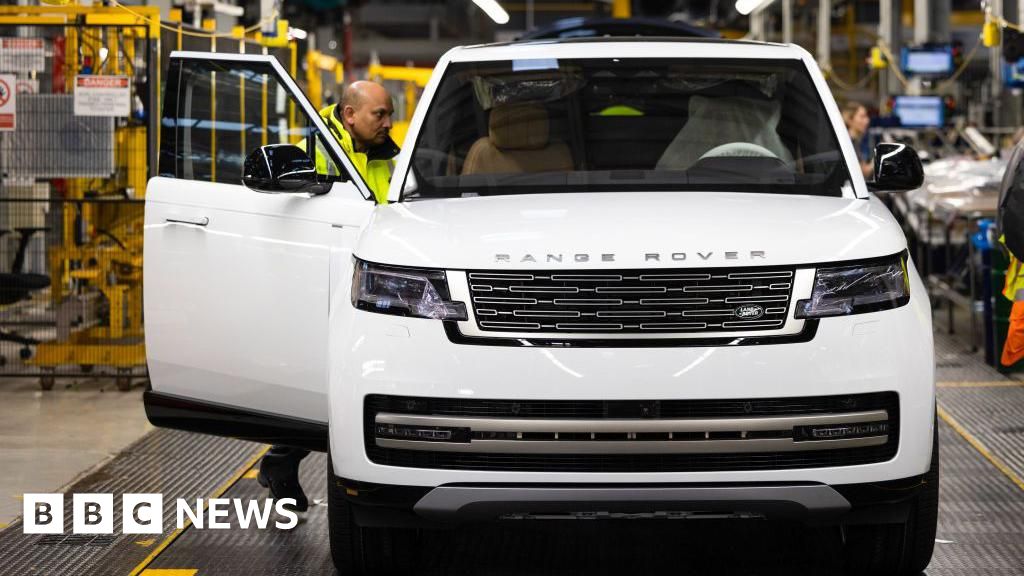
The Shifting Sands of Global Trade: Jaguar Land Rover’s US Export Pause
The automotive industry, a global behemoth built on intricate supply chains and international collaboration, is once again feeling the tremors of protectionist policies. This time, it’s Jaguar Land Rover (JLR), the iconic British automaker, that finds itself navigating the turbulent waters of escalating trade tensions between the US and other nations. The company has announced a temporary halt to all vehicle exports to the United States, a significant move reflecting the profound impact of recently implemented tariffs.
This decision, while seemingly abrupt, is a calculated response to a rapidly changing trade landscape. The imposition of a substantial tariff on imported vehicles—a significant increase in cost for consumers—has fundamentally altered the economic equation for JLR. Simply absorbing these increased costs and maintaining current pricing strategies would likely severely impact profitability, potentially leading to a loss of competitiveness in the already fiercely contested US market.
The pause in shipments, therefore, isn’t a sign of weakness or a lack of commitment to the American market. Instead, it’s a strategic maneuver aimed at assessing the long-term implications of these new trade barriers and developing a sustainable strategy for the future. This involves a complex evaluation of multiple factors: the potential impact on sales volume, the possibility of price adjustments, and the viability of alternative supply chain arrangements.
The challenge JLR faces is multi-faceted. Directly increasing prices to offset the tariffs could alienate consumers, especially in a market sensitive to value and price-competitiveness. This risk is compounded by the fact that many luxury car brands are already competing aggressively within this segment. On the other hand, absorbing the cost entirely would significantly erode profit margins, a scenario unlikely to be sustainable in the long run.
The company is likely exploring various options to mitigate the impact of the tariffs. This might involve renegotiating supply contracts, exploring opportunities to manufacture more vehicles domestically within the US, or seeking alternative ways to reduce overall costs to offset the tariff burden. Each option presents its own set of complexities and challenges, requiring careful analysis and strategic planning.
The situation highlights the inherent vulnerability of businesses operating in a globalized economy. Companies that have established significant international operations are acutely susceptible to shifts in trade policy, leaving them exposed to sudden and potentially drastic changes in the business environment. JLR’s temporary halt to US exports is a stark reminder of the unpredictable nature of international trade, the inherent risks of global supply chains, and the need for agility and adaptability in the face of unforeseen circumstances.
Beyond the immediate impact on JLR, this situation serves as a cautionary tale for other businesses operating across international borders. The unpredictable nature of trade policy necessitates a proactive approach to risk management, encompassing detailed contingency planning and a robust understanding of the geopolitical landscape. The long-term consequences of this trade dispute remain to be seen, but the actions of JLR demonstrate the significant and immediate repercussions that even seemingly small shifts in policy can have on global businesses. The global automotive industry, and indeed the wider global economy, will be watching closely to see how JLR navigates this challenging period.



Leave a Reply